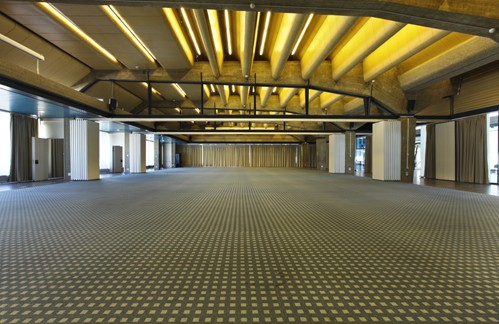
Trade shows continue to be an effective way for businesses to spread their reach within their respective industries, but in order to make the most out of the experience, companies need to optimize out of their rented space.
This is the case for any organization that wishes to participate in a trade show because newer companies have to prove their worth, while the tried-and-true enterprises need to prove they are still a force to be reckoned with. A business' approach to prepare for a trade show greatly varies, but there are some core aspects to consider before taking the leap of faith to become an exhibitor instead of an attendee.
Size of the booth
Some trade shows may offer a wide range of rental spaces, while others may be limited to a few options. Business owners who want to maximize the financial value of each trade show need to decide far in advance what dimensions are they comfortable with renting. Trade show banners can be used in most locations, but other displays like backdrops may differ from one another.
Often times, companies make the mistake of purchasing a space that is too large or small. This can greatly impact the direction the company takes as an exhibitor during the trade show.
"The way we look at it, if we can't have impactful conversations with a single booth space, simply adding more real estate probably isn't the right solution," Michael Brody-Waite of InQuicker, a health technology business, told Entrepreneur Magazine.
What are your reasons for attending a trade show?
Knowing exactly why your company will be attending the trade show should be the core of the booth's strategy. If you're trying to build a larger clientele, consider setting up demo stations at the booth and invite prospective customers to test out the products. If there is a certain exhibitor you wish to meet, consider reaching out to him or her in advance to schedule a meeting time during the trade show.